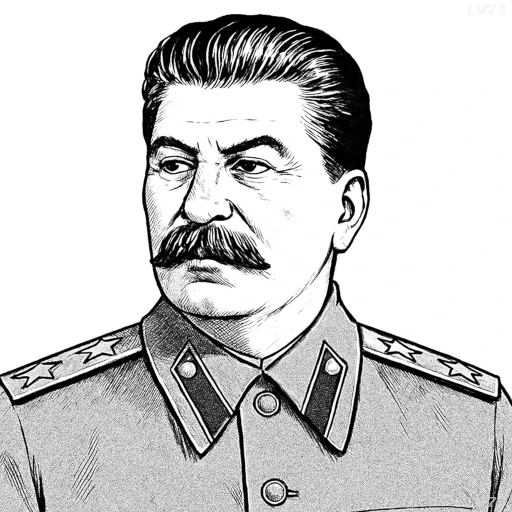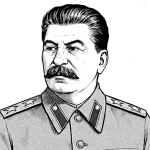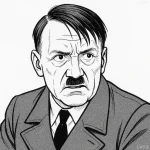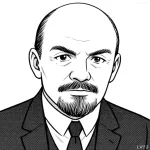“The people who cast the votes don’t decide an election, the people who count the votes do.”

- December 18, 1878 – March 5, 1953
- Born in Georgia
- Politician
table of contents
Quote
“The people who cast the votes don’t decide an election, the people who count the votes do.”
Explanation
This quote reflects the stark reality of political power and control, particularly in a system where authority and influence can manipulate the outcomes of elections. Stalin’s perspective on power was deeply shaped by the structure of the Soviet Union, where the state and the ruling party held absolute control over every facet of governance, including the election process. Under his regime, elections were often mere formalities, with the outcomes predetermined, as the authorities controlled not only the voting process but also the counting and final results.
In the context of the Soviet Union, Stalin’s centralization of power and the suppression of political opposition made it clear that the true decision-makers were not the citizens who cast their votes, but those in charge of determining what those votes meant. This manipulation of the democratic process underscores the dangers of unchecked power, where the integrity of elections is compromised by those who oversee them. Stalin’s regime, marked by widespread purges, censorship, and surveillance, exemplified the consequences of such control over the electoral system.
Reflecting on this quote today, it serves as a cautionary reminder about the importance of electoral integrity and transparency in modern democracies. When power is concentrated in the hands of a few who control both the election and the counting processes, the democratic ideals of fairness and representation can be undermined. As we look toward world peace and global cooperation, understanding the perils of such manipulation and ensuring the protection of democratic systems is crucial for fostering trust and stability in any society.
Would you like to share your impressions or related stories about this quote in the comments section?



